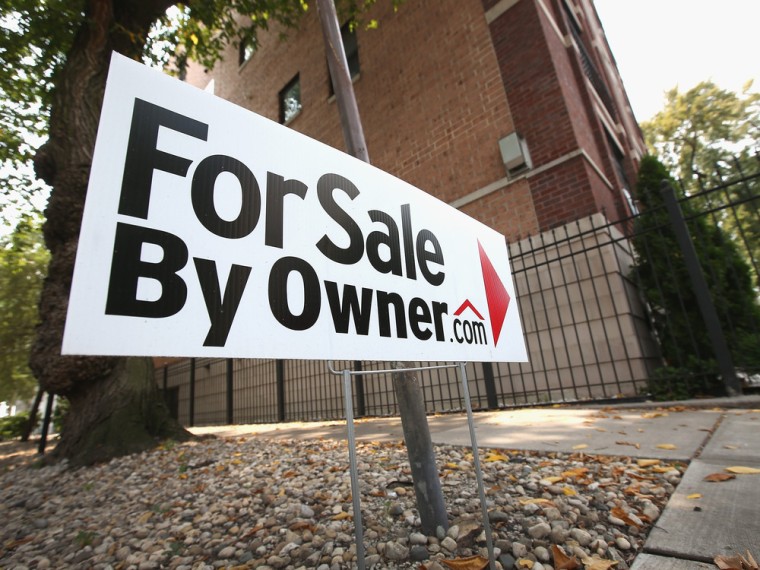The housing market could be in the early stages of yet another bubble, warned Robert Shiller, co-founder of the closely watched Case-Shiller index on home prices.
"In the housing market, it has its own momentum right now as people see it coming back. We're sort of in the beginnings of another housing bubble," the Nobel Prize-winning economist told CNBC on Tuesday.
Single-family home prices rose less than expected in October, but posted their strongest annualized gain in more than seven years, the closely watched survey said on Tuesday.
The S&P/Case Shiller composite index of 20 metropolitan areas gained 0.2 percent in October on a non-seasonally adjusted basis, below economists' expectation of a 0.7 percent gain. Prices rose 0.7 percent in September.
On a seasonally adjusted basis, prices were up 1 percent.
Compared to a year earlier, prices were up 13.6 percent, beating expectations of 13 percent and marking the strongest gain since February 2006, when the increase was 13.8 percent.
Housing prices have been rising since early 2012, and a rebound in the sector has helped the U.S. recovery gain steam.
But the more subdued monthly gains "show we are living on borrowed time and the boom is fading," David Blitzer, chairman of the index committee at S&P Dow Jones Indices, said in a statement.
"The key economic question facing housing is the Fed's future course to scale back quantitative easing and how this will affect mortgage rates," he said.
"We have a futures market that's predicting the increase won't stop until after 2018 so we still have time to go, but it might be weaker," said Shiller.
The Fed recently said it would start trimming its asset purchases by $10 billion a month in 2014. That could push up bond yields and mortgage rates, slowing the housing rebound.
Prices in all 20 cities rose on a non-seasonally adjusted yearly basis, led by a 27.1 percent gain in Las Vegas and followed by a 24.6 percent increase in San Francisco.
"Things are changing fundamentally and it seems people are less excited about big homes," said Shiller, referring to housing trends. "The financial crisis kind of put a damper on that enthusiasm, especially big homes far away from the city center. There's this new urbanism afloat. Housing is not one thing. It's not monolithic. I think there might be a trend toward more urban living."
(Reuters contributed to this report)
